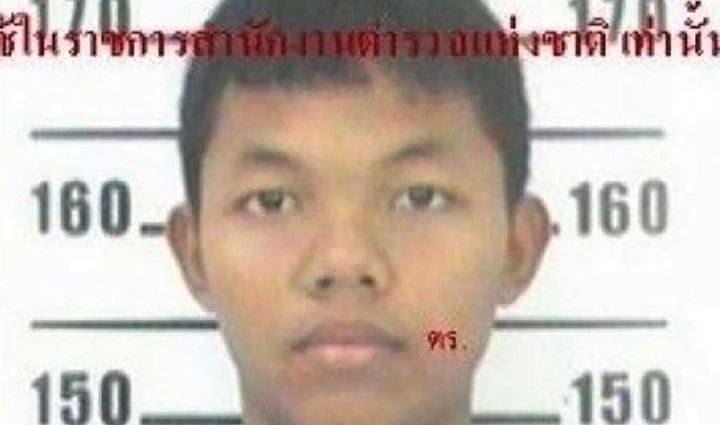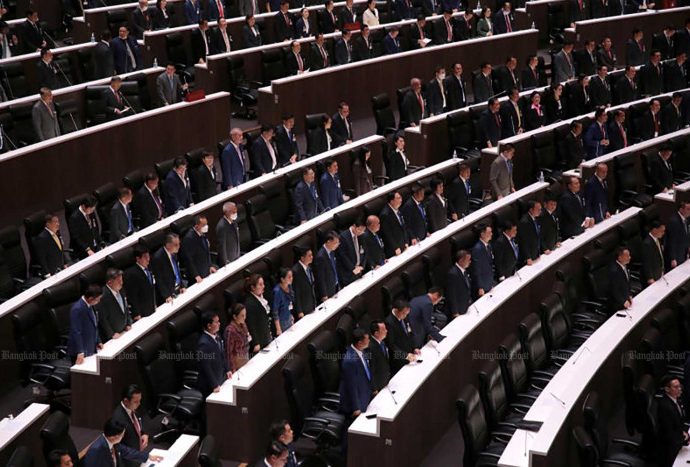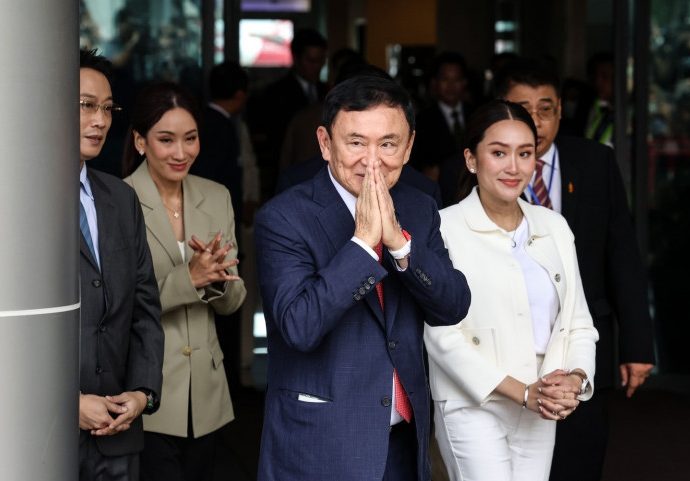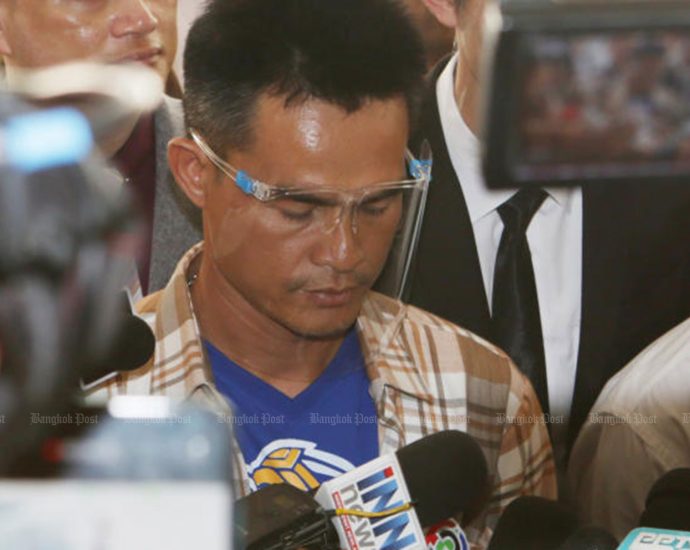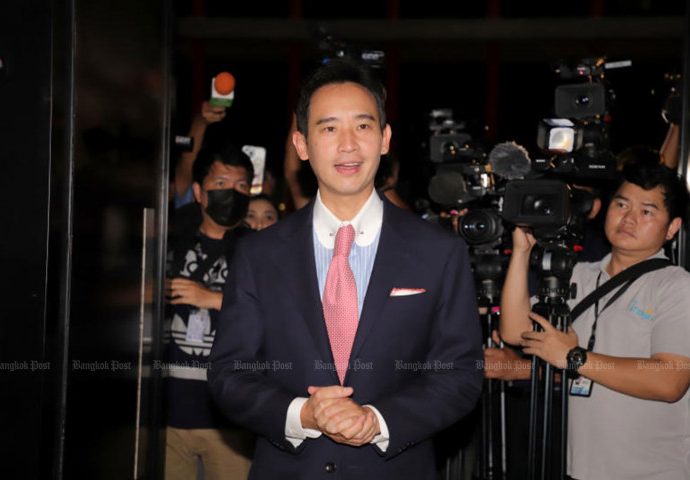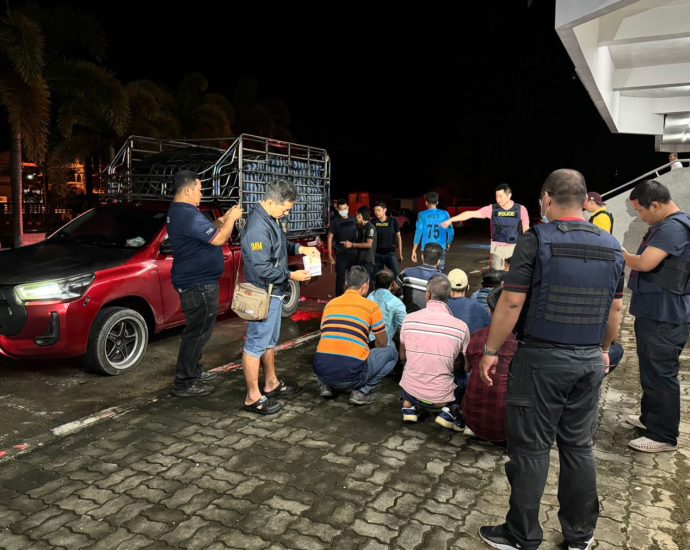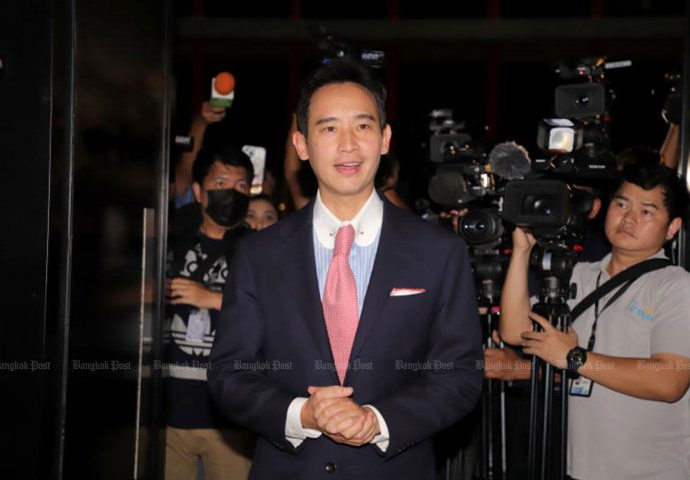Student says shooting was a part of initiation
PUBLISHED : 21 Dec 2023 at 04:23

A 20-year-old student submitted a statement confessing to shooting and killing a vocational student and a female teacher in Klong Toey district last month, saying the slaying was part of a sophomore year induction adopted by his gang.
Anawin Kaewkeb, a student from Pathumwan Institute of Technology, was caught hiding in Hmong Doi Pui Tribal Village in tambon Suthep of Muang district in Chiang Mai, along with his alleged accomplice, Krit Lamlerd, 23, on Tuesday.
During the Nov 11 shooting, Mr Anawin allegedly rode pillion on a motorcycle before dismounting and shooting Thanasorn Hongsawat, a 19-year-old first-year student at Rajamangala University of Technology Tawan-ok Uthenthawai Campus.
A stray bullet also killed Sirada Sinprasert, a 45-year-old computer teacher at Sacred Heart Convent School. Both died.
The arrest of Mr Anawin came a day after 12 other suspects in the same case were nabbed during multiple raids in Bangkok, Nonthaburi and Samut Prakan on Monday.
The shooting was believed to be a revenge attack stemming from a feud between students from rival vocational schools, with the teacher being collateral damage.
National police chief Pol Gen Torsak Sukvimol on Wednesday told the media that Mr Anawin has admitted to the wrongdoing and regretted his action.
Pol Gen Torsak said it is a tradition for hardline students who are members of the gang to engage in shooting students from the rival school in order to enter into sophomore year. The police chief said the shooting was premeditated.
Mr Anawin told police that he stole a motorcycle registration plate in Din Daeng district. He then started to look for his target from Nov 10 in Rom Klao and Khlong 14 areas.
After searching for an entire day, he spotted a group of students from a rival school.
Mr Anawin said he feels sorry for the crime and wants to atone for his actions by making merit on behalf of the victims.
He also warned vocational students against obeying a senseless tradition. After the shooting, none of the senior students who coaxed him into committing the crime showed up or offered to help.

